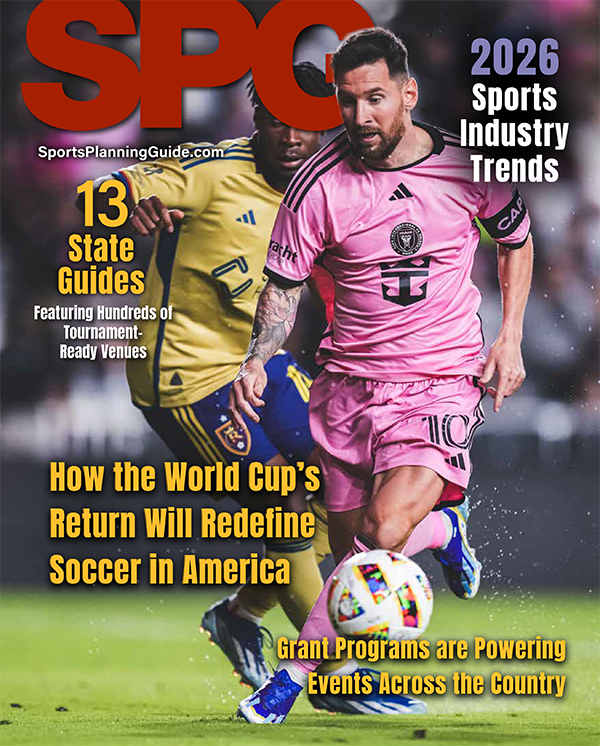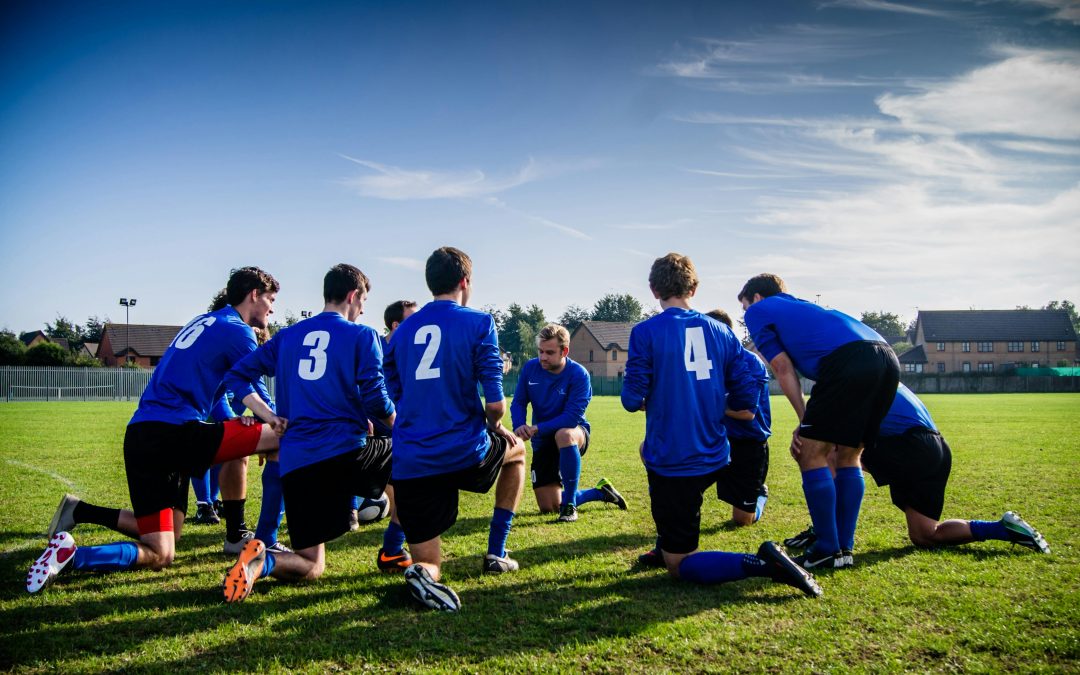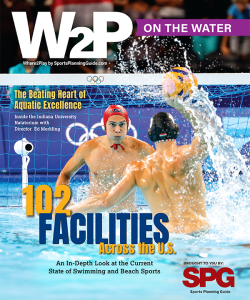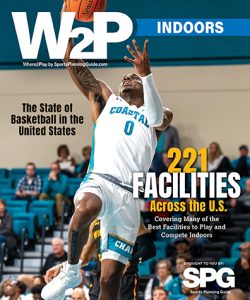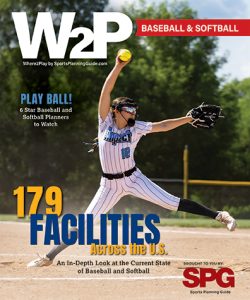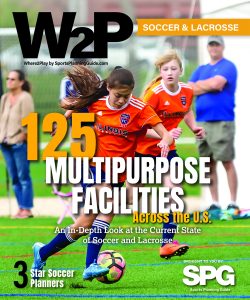
We have all heard the old adage, “Time is money”. This phrase is widely credited to Benjamin Franklin circa 1748. In a letter to a young laborer Franklin made the case that sitting idle while not generating revenue was, in essence, trading time for money (or not using your time to make more money).
Bringing this concept into the 21st Century where we struggle to find work-life balance, most Americans would say time is more valuable today than money can buy. We need time to think, to work out, to grow spiritually, to be with family and friends. While many of us talk about how important these things are to our way of life, we are not very good at upholding these “values” we say we hold so dear.
Yes, the world is busy, and we all get caught up in the daily grind. It is almost impossible to avoid as we are more connected through technology, yet more disconnected to those that are important to us than we should be. One of our favorite colleagues, Sara Swindel Sanders, decided to rebrand this notion of “balance” in her life and offered us her version of this hectic life challenge. She looks at it as work/life “harmony” which is something we have borrowed and used with many of our clients – thanks Sara!
Okay, so you ask, what does this have to do with sports tourism and events? We offer a brief story to tie things together…..
One day while serving as the Executive Director of the Denver Sports Commission, I’m sitting in my office and one of my key staff members come in and shuts the door. She says, “I just met with David, you need to go see him, he is going to step down from the board.” David was a high ranking board member that not only made a significant donation to our organization every year, but also raised additional funds for us, was a pillar for us in the community, he chaired our largest annual event, and he often used his political capital to continually elevate our standing throughout the state. Losing him would be a huge hit to us, both economically and from a publicity perspective. I called David and we made plans to meet the next morning for breakfast.
My relationship with David was pretty good at that time, so we had a good conversation about his reservations going forward and why he felt like he should step aside. The bottom line was that he was upset with some things our staff had done and rather than battle with them (us) over the way he wanted things done, he would just divert his time and resources elsewhere. After a long discussion, David said the words that still live with me today…..
“Jon, I’m a self-made man, and I only know two ways to vote. With my time and my wallet. So I quit.”
Pretty direct. He laid it out. He was upset, and he had two assets he could put to good use in the community – time and money. Hi message was clear, if we chose not to be a great partner, then he would take those resources and give them to some other organization that would benefit from his involvement.
After another 45 minutes of discussion, I convinced David that I would rectify his concerns and that things would be different for him going forward. He made it clear that if he chose to stay, he was holding me personally accountable (not my staff) and that if things didn’t get better, he would not be around much longer. At the end of the day, we reconciled things and he agreed to stay on board (and he served in a leadership position at Denver Sports for another decade beyond that day).
Obviously not a great situation for anyone to be in, as a volunteer or as a lead staff member. However the lesson is key for you and your organization. We have to realize that people’s time is a resource, and the amount of money they may or may not donate to the cause is but one element of their total investment. People want to be connected to something bigger, and the more you are able to get them engaged in the journey, the more they will invest.
This was a great lesson learned for me as a young leader at that time, and I can tell you my relationship with David today (12 years, a wedding, a child, and a sports commission later), is better than it has ever been. While I wish we could have avoided that breakfast conversation, that conflict led us to be better working partners, enabled the sports commission to grow, and quite honestly provided the pathway for David and me to become friends for the long-haul.
Take the time to talk to your key people before they think about unplugging. Take their temperature about how they think things are going. Ask them for their “vote” again. This intentional outreach will strengthen your ties to your key stakeholders and will give them an opportunity to share with you what is really on their mind – it will also help you avoid the “time and money” breakfast table discussion in the future.
About the author:
Jon Schmieder is the Founder of the Huddle Up Group LLC, a sports industry consulting company led by award winning executives. Schmieder has over 20 years of experience in leading sports tourism and events organizations through strategic growth and increased community collaboration. The Huddle Up Group has worked with more than 50 sports organizations and destinations on nearly 100 different strategic projects. In 2017 the Huddle Up Group was given the Superior Service Award, the highest honor a consulting firm can earn from the National Association of Sports Commissions. We can be reached at Jon@HuddleUpGroup.com or 602.369.6955. To receive the weekly “Monday Huddle Up” sign up at www.tinyletter.com/JonSchmieder.


